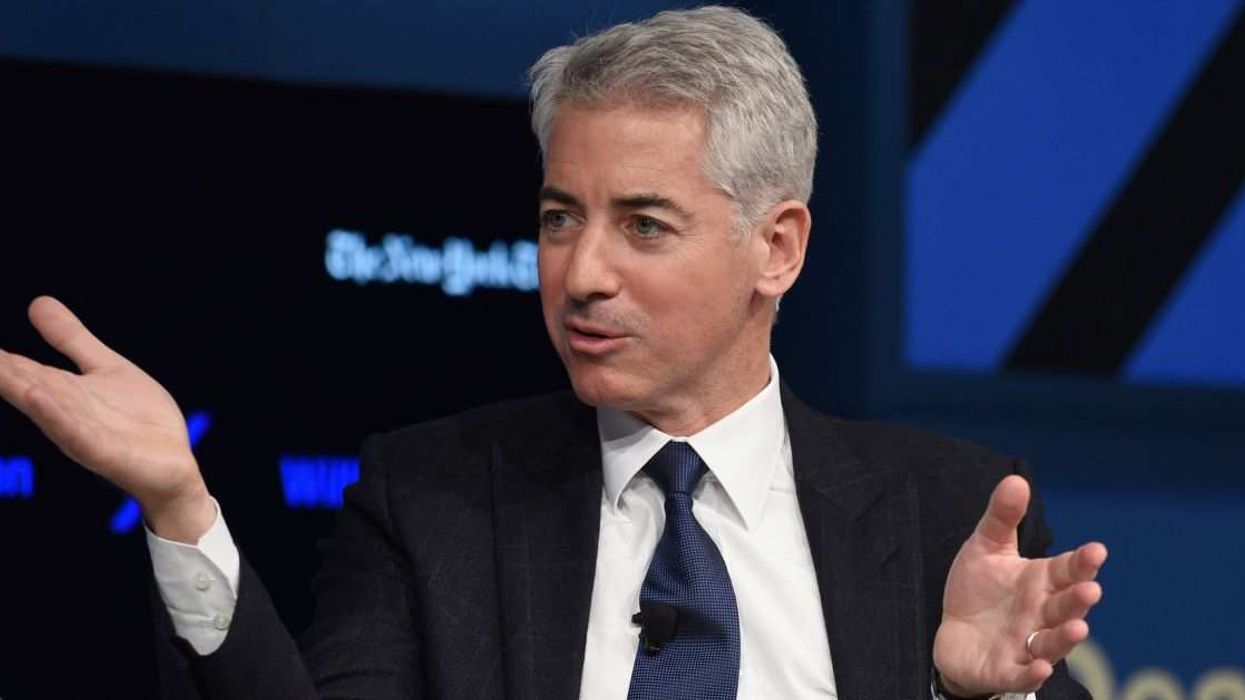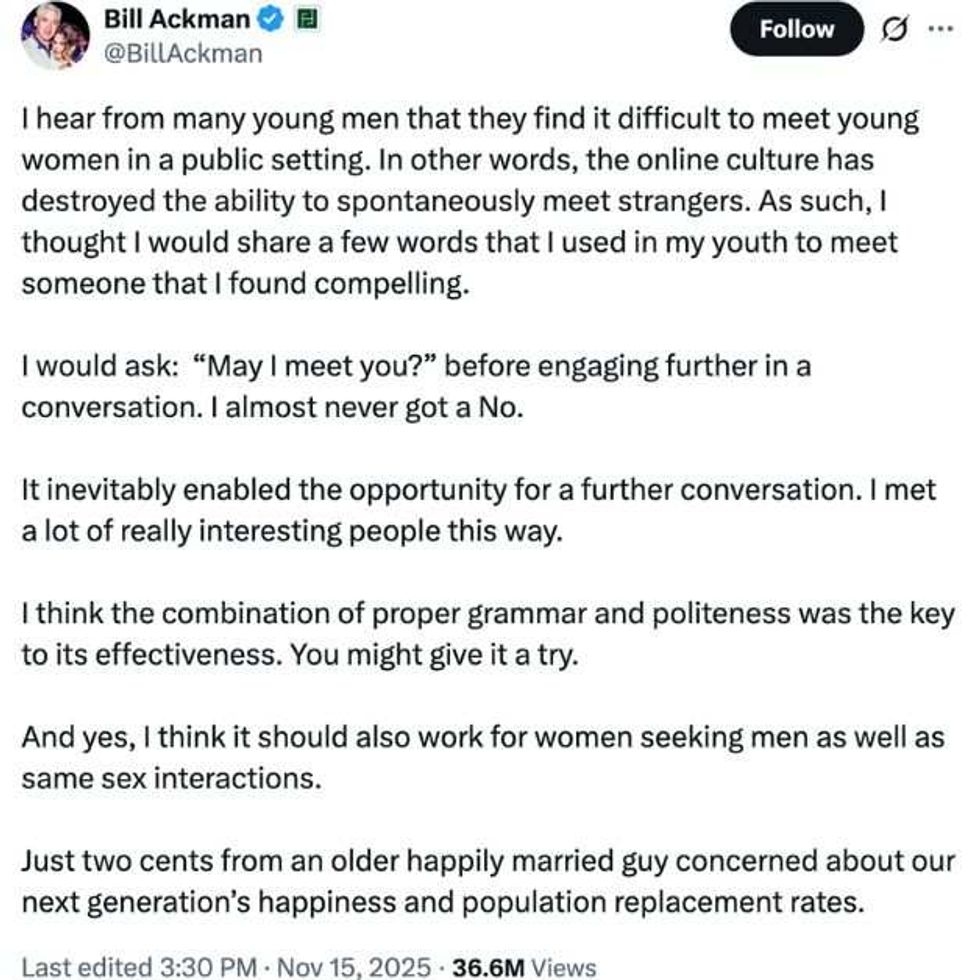It's no secret that Americans work. A lot. It's also no secret that the life of a medieval peasant was nothing to envy. But Americans of late take so little time off, their lack of vacation time is being compared to that of medieval peasants - and Americans actually fare worse.
Sure, life in the Middle Ages was hard, brief, and brutal. War, famine, and pestilence were rampant, and serfs rarely made it out of their 30's alive. Most of medieval peasant life revolved around the harvest, and because of the drudgery of work involved, vacation time was invaluable.
In fact, it wasn't unusual for medieval peasants to take anywhere from eight weeks to six months off every year. Compare that to the average eight day break Americans are so graciously granted every year by their employers.
"Economist Juliet Shor found that during periods of particularly high wages, such as 14th-century England, peasants might put in no more than 150 days a year. As for the modern American worker? After a year on the job, she gets an average of eight vacation days annually," wrote Lynn Parramore of Business Insider.
"The tempo of life was slow, even leisurely; the pace of work relaxed," notes Shor. "Our ancestors may not have been rich, but they had an abundance of leisure."
Today, the United States is the only advanced nation with no national vacation policy. Unlike our medieval predecessors, who enjoyed long meals afternoon naps, and months off at a time, Americans work more, and play less, even on holidays. This would be unheard of in the Middle Ages, when life was centered around religion.
Numerous studies have shown that all work and no play does, as it were, dull people make. Lack of vacation time stifles productivity, motivation, and creativity, and Americans now more hours, for less money, despite soaring corporate profits and growing innovations in automation and work-related technologies, all of which are designed to ease the burden of labor.
"Beyond burnout, vanishing vacations make our relationships with families and friends suffer. Our health is deteriorating: depression and higher risk of death are among the outcomes for our no-vacation nation. Some forward-thinking people have tried to reverse this trend, like progressive economist Robert Reich, who has argued in favor of a mandatory three weeks off for all American workers. Congressman Alan Grayson proposed the Paid Vacation Act of 2009, but alas, the bill didn't even make it to the floor of Congress."
Congress seems to catch a break, though. It's now typical for lawmakers to get nearly two-thirds of the year off.









 @jaketapoer/Bluesky
@jaketapoer/Bluesky









 @BillAckman/Twitter
@BillAckman/Twitter